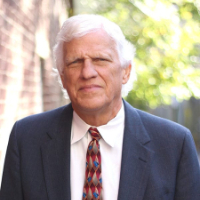Bagdad DUI-DWI Lawyer, Kentucky
Sponsored Law Firm
-
 x
x

Click For More Info:
-
Law Office of Mark S. Guralnick
55 Madison Avenue 4th Floor Morristown, NJ 07960» view mapCriminal Defense Law Dedicated. Fearless. Successful.
Mark S. Guralnick and his legal team have helped clients throughout the USA and across the world by applying unparalleled dedication and hard work to each case.
800-399-8371
Robert H Cornett
✓ VERIFIEDSocial Security, Criminal, DUI-DWI
I have practiced Social Security law for more than thirty years in Kentucky as well as many other states. I represented Social Security claimants in B... (more)
Aaron Michael Williams
Criminal, DUI-DWI, Misdemeanor, Medical Malpractice
Status: In Good Standing Licensed: 8 Years
Andrew G Downey
DUI-DWI, Family Law, Products Liability, Employment, Mass Torts
Status: In Good Standing
Ashley Lauren Michael
Motor Vehicle, Labor Law, DUI-DWI, Criminal, Civil & Human Rights
Status: In Good Standing
Bradley Clark
Criminal, DUI-DWI, Felony, Misdemeanor, White Collar Crime
FREE CONSULTATION
CONTACT Mark Guralnick Morristown, NJ
Mark Guralnick Morristown, NJ AboutLaw Office of Mark S. Guralnick
AboutLaw Office of Mark S. Guralnick Practice AreasExpertise
Practice AreasExpertise

